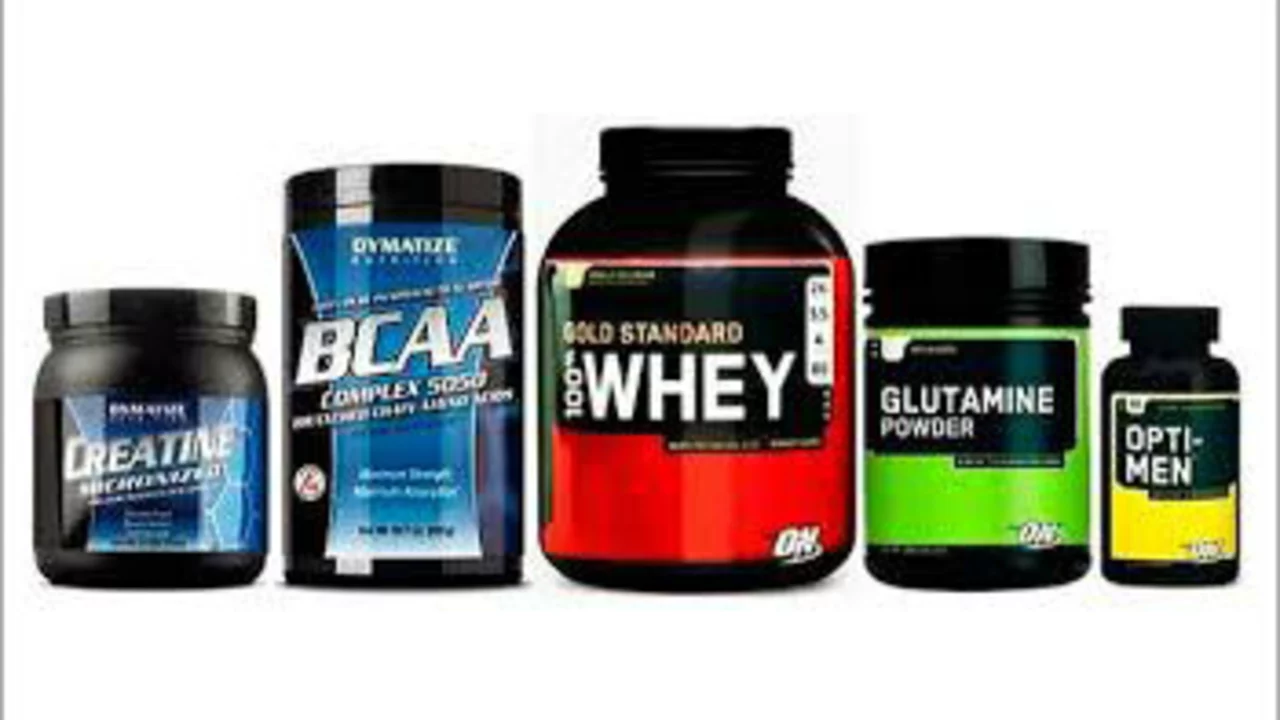Nutritional Guide: Practical Tips to Eat Better Every Day
Want better energy, fewer cravings, and clearer thinking without gimmicks? Small food changes beat big promises. This guide gives quick, usable steps you can use right now—no extreme diets, just sensible swaps and a few smart supplement rules.
Start with a plate rule: half veggies, one quarter protein, one quarter whole grains or starchy veg. That combo delivers fiber, steady energy, and amino acids to keep you full longer. Aim to color your plate—greens, reds, and yellows usually mean you’re getting different vitamins and antioxidants.
Protein matters at every meal. Try eggs, beans, fish, chicken, Greek yogurt, or tofu. If you skip meat, pair plant proteins with vitamin C–rich foods (like bell pepper or citrus) to help your body absorb iron. For snacks, pick a protein + fiber combo—apple with peanut butter, hummus with carrots, or a small handful of nuts with berries.
Fiber wins for gut and blood sugar control. Most people need 25–35 g daily but fall short. Add oats, lentils, chia seeds, and whole fruits. Swap white bread or rice for whole-grain versions—your digestion and hunger control will thank you.
Quick daily checklist
Use this as a simple habit tracker: drink water with each meal, include a protein source, add a vegetable or salad, choose a whole-grain side once a day, and get 20–30 minutes of movement. Don’t skip sleep—poor sleep raises appetite for sugary, high-calorie foods.
Watch added sugars and ultra-processed foods. A quick label check: if a product lists ingredients you can’t pronounce or more than five ingredients, it’s probably processed. Swap soda for sparkling water with citrus, sugary cereal for plain oats topped with fruit, and flavored yogurt for plain yogurt plus a drizzle of honey or fruit.
Supplements: when they actually help
Supplements can fill real gaps, but they’re not a substitute for good food. Start with testing or a doctor’s advice if possible. Common useful supplements: vitamin D in low-light months, B12 for vegans, and fish oil if you don’t eat fatty fish twice weekly.
Be cautious: more isn’t always better. Fat-soluble vitamins (A, D, E, K) can build up; minerals like iron should only be taken when you’re low. If you’re on medication, check interactions—some supplements alter drug levels or absorption.
Final practical tip: plan one grocery run that covers breakfasts, two easy lunches, and three dinners for the week. Batch-cook grains and proteins, pre-chop veggies, and you’ll avoid fast-food traps on busy days. Small preparation changes make healthy eating the default, not the chore.
Hey there, health enthusiasts! I've just delved into the saucy world of tomato dietary supplements and boy, is it a juicy topic! Packed full of lycopene, these little red powerhouses are nature's answer to boosting your health. From fighting off free radicals to giving your skin that sought-after glow, they're like tiny superheroes in a bottle. So, whether you're a salad lover or not, it's about high 'thyme' we ketchup on this fantastic health trend!

